Manchester Arena attack is scar on city, MP says
- Published

Twenty-two people died in the bombing which happened at the end of an Ariana Grande concert
The Manchester Arena attack is a "scar that will continue to be on our city", an MP has said.
Manchester Central MP Lucy Powell said the public inquiry into what happened was "utterly heartbreaking" but necessary for families to get the "answers they're searching for".
The inquiry found MI5 missed a significant chance to take action that might have stopped the 2017 atrocity.
The head of MI5 said he was "profoundly sorry" it did not prevent the attack.
Ms Powell told the BBC: "To know opportunities were missed that could have prevented the attack in the first place is heartbreaking.
"I'm sure what the families want now is not words of consolation, of lessons being learned, but real action in terms of implementing those lessons and constantly reviewing them."
However, the Labour MP stressed the inquiry showed "the real value" of public scrutiny, "as that's the only way families get answers they're searching for".
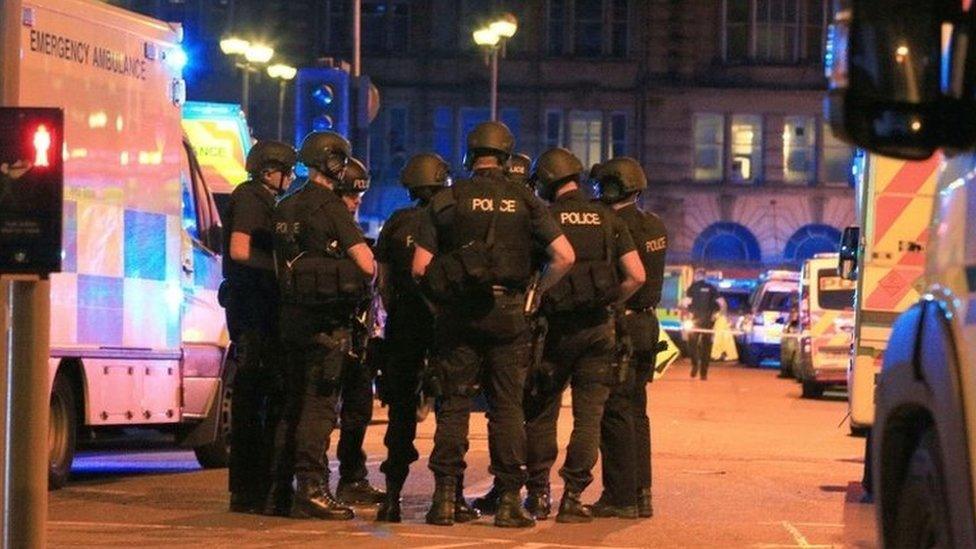
A public inquiry found MI5 missed a significant chance that might have stopped the 2017 bombing
Twenty-two people died and hundreds were injured when Salman Abedi detonated his homemade device in the foyer of Manchester Arena as crowds left an Ariana Grande concert on 22 May 2017.
"The attack is a scar that will continue to be on our city," the shadow culture secretary said.
"The city will never forget and will be there for families. We have to continue to come together and make sure changes are made."
'Ready to move on'
In his 207-page report,, external the inquiry's chairman Sir John Saunders said MI5 intelligence could have led to suicide bomber Abedi being followed to a car where he stored his explosives.
MI5 director-general Ken McCallum said he regretted that such intelligence was not obtained.
Anger was never on my radar, said Figen Murray, who's son was killed
Figen Murray, who lost her son Martyn Hett in the attack, told BBC Breakfast: "I totally accept the apology from MI5.
"I feel a real sense that [people within the security sector] carry the burden of the inquiry on their shoulders and so many people are genuinely saying they need to set this right and deal with mistakes."
She added: "I'm relieved that's the end of a big chapter in our lives and I'm now ready to move on."
Sir John's comments were published in the inquiry's third and final report into the atrocity, which dealt with the radicalisation of Abedi and whether the attack could have been prevented.
He published a catalogue of recommendations but as some involve matters of national security, Sir John said he would have to make further recommendations in a closed report.
Kevan Jones, member of Parliament's Intelligence and Security Committee, said there were "good reasons" why information could not be made public.
Speaking to Radio 4's Today programme he said: "Sir John recognises that in his report in saying that he wouldn't want to do anything which would help those that wish to harm us."
The inquiry also found that while Didsbury Mosque in south Manchester, which the Abedi family attended, was not an active factor his radicalisation, "politicisation" did happen there.
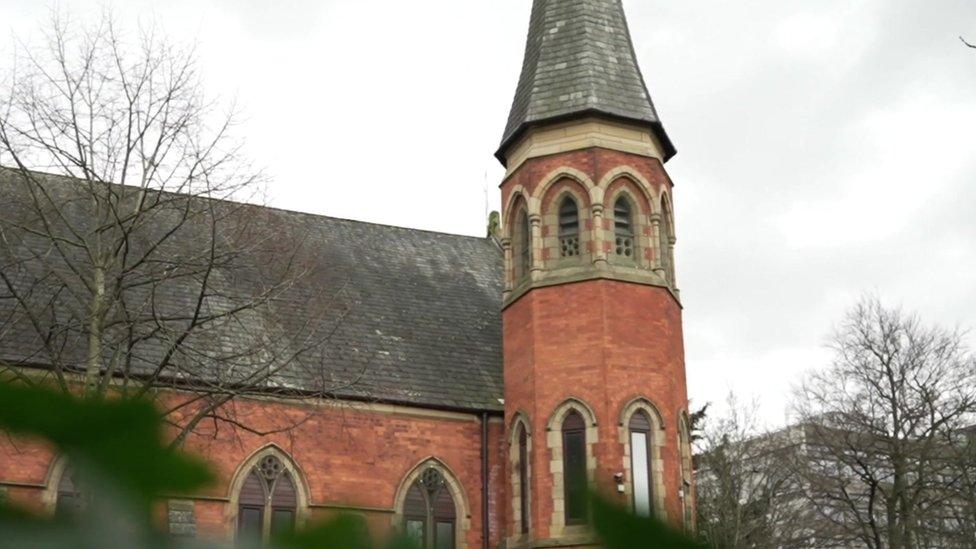
The Abedi family attended Didsbury Mosque while living in the area
Sir John said "there was a form of wilful blindness" to some activities, and "weak leadership" and that it "voluntarily and wilfully aided the Inquiry to the best of its ability".
In a statement, the mosque said it did not agree with the assertion that it was "wilfully blind".
"The mosque will do all it can to ensure that it is a place of peace, calm, and safety for all those who come to worship or visit and recognises and understands how dangerous the scourge of extremism/terrorism can be," the statement added.
"It will not be tolerated under any circumstances whatsoever."

Why not follow BBC North West on Facebook, external, Twitter, external and Instagram, external? You can also send story ideas to northwest.newsonline@bbc.co.uk, external
- Published2 March 2023

- Published2 March 2023
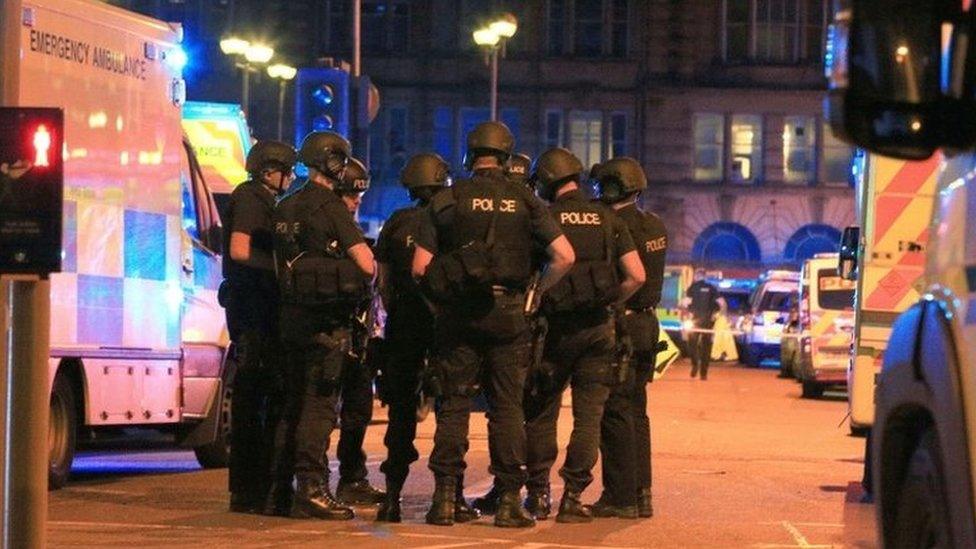
- Published2 March 2023
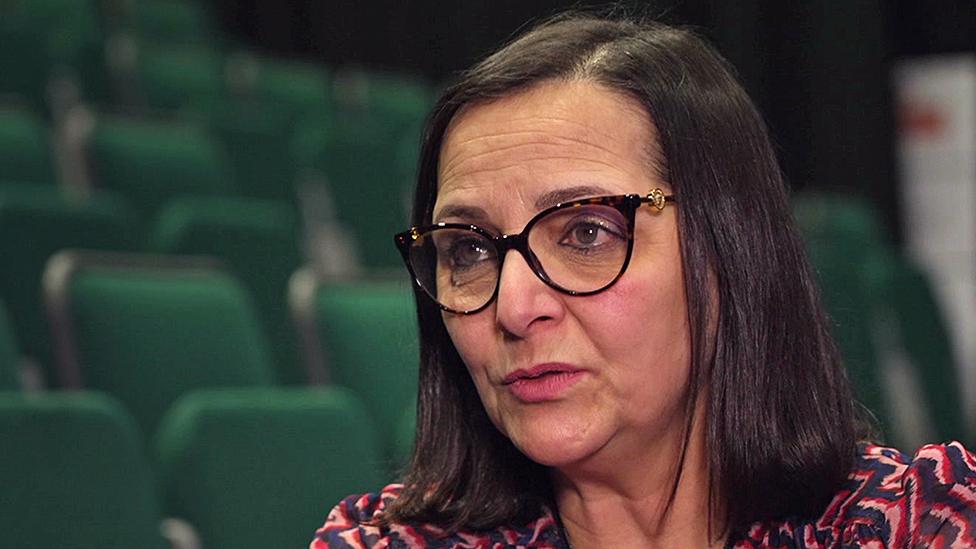
- Published3 March 2023

- Published2 March 2023
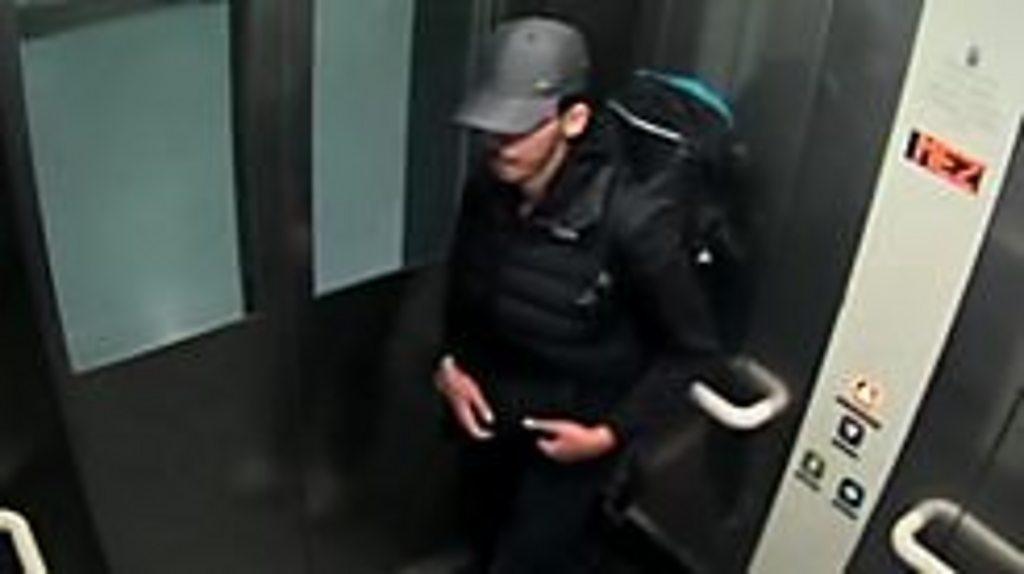
- Published28 February 2023
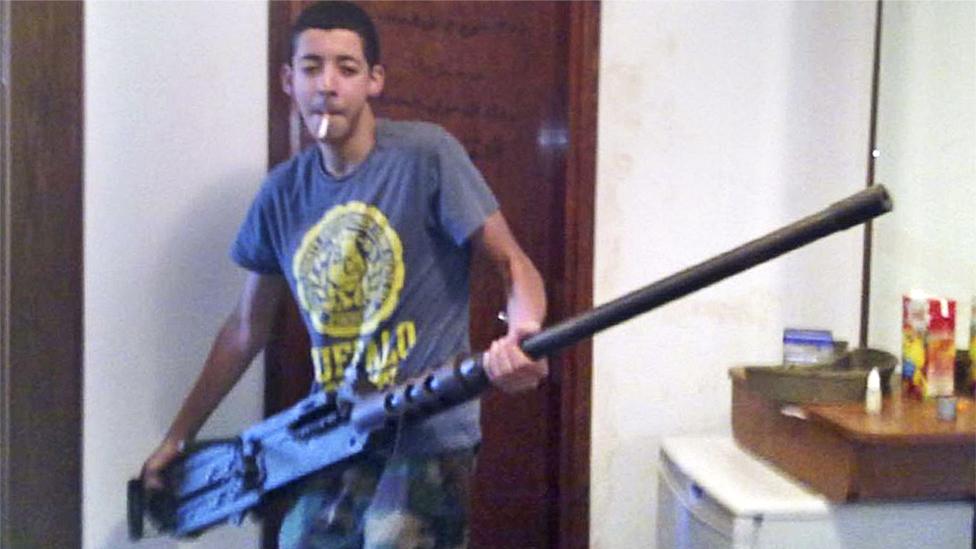
- Published3 November 2022
